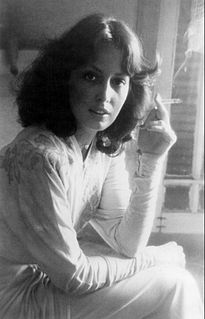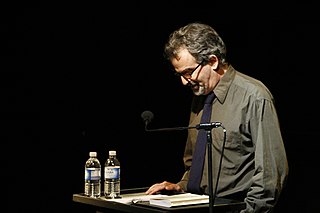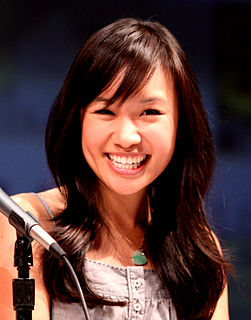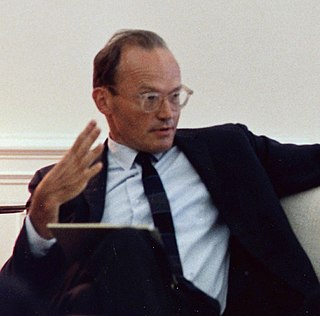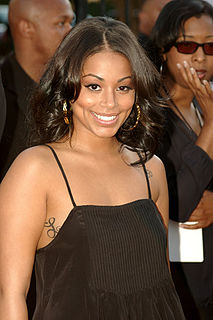A Quote by Denis Johnson
I hate two kinds of sentences you hear in workshops, the ones beginning "I really like ..." and the ones beginning "My problem with this poem is ..."
Related Quotes
Man no longer lives in the beginning--he has lost the beginning. Now he finds he is in the middle, knowing neither the end nor the beginning, and yet knowing that he is in the middle, coming from the beginning and going towards the end. He sees that his life is determined by these two facets, of which he knows only that he does not know them
The beginning is never the clear, precise end of a thread, the beginning is a long, painfully slow process that requires time and patience in order to find out in which direction it is heading, a process that feels its way along the path ahead like a blind man the beginning is just the beginning, what came before is nigh on worthless.
I like playing... I don't know. I think that's what was really exciting about playing Knives, too, from the beginning was that you get to kind of do both of that. She's almost like two different people, but that's what's cool about it, because I get to show her growth and that's the thing that's really cool about Knives, you get to really see her grow up from being meek and innocent and naïve at the beginning to this powerful girl who is going for what she really believes in and what she really wants.






